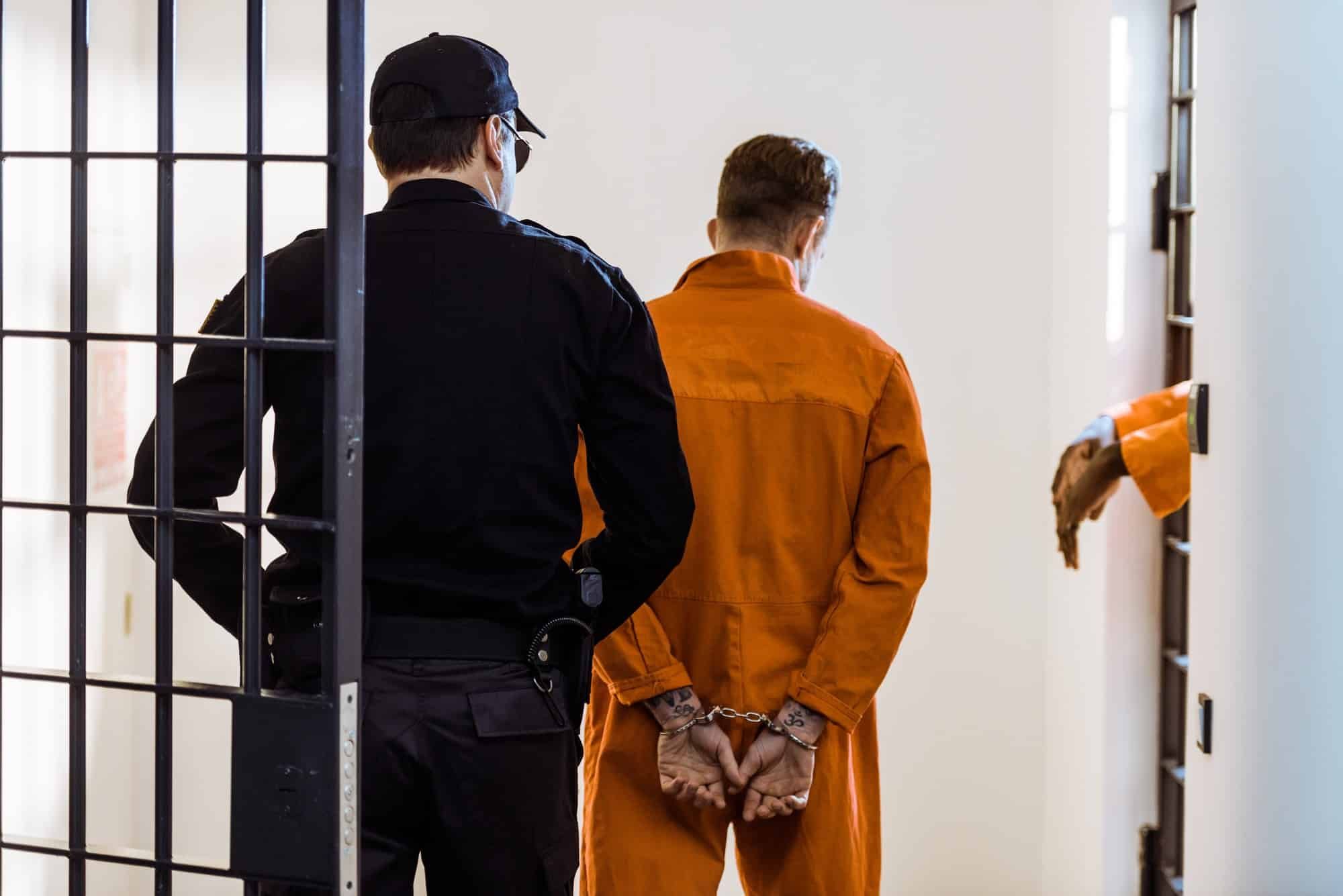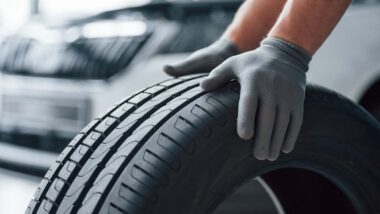
In New Jersey, state prosecutors and criminal justice advocates have reached an agreement that will allow some low-risk inmates in state jails to be released to prevent the spread of COVID-19, a new form of coronavirus, that has spread into a global pandemic.
This new effort affects up to 1,000 inmates who are deemed to pose very little risk to their communities. Politico explains that those released include those serving time for low level crimes and violations of probation.
This agreement was made after experts worried that the coronavirus could spread easily through people in close quarters such as prisons.
The Public Defender’s Office explained in a letter to Chief Justice Stuart Rabner that keeping all inmates in prison poses a significant health risk to both the inmates and the staff working at jails.
Need help stopping the spread of COVID-19 through your community? Get legal help by clicking here.
In the eyes of Public Defender Joseph Krakora, the spread of coronavirus to county jails is “inevitable.” Already, three cases of coronavirus have been reported in New Jersey prisons, among correction officers and those detained.
These cases were reported in facilities run by county governments, while no cases have been reported in facilities run by the state.
The 1,000 inmates who will be released will not necessarily be released for good. Under the terms of the agreement, the sentences of those released will be suspended, not commuted.
However, judges do have the ability to give credit to released individuals for time served, or can require that some inmates be sent back to jail at a later date.
The release is scheduled to take place no later than March 26, 2020, though the agreement made recognizes that it may not be feasible to release all inmates at the same time.
The released inmates are advised to self-quarantine for two weeks in an attempt to further reduce the risk of spreading coronavirus.
Any inmates who shows symptoms fo COVID-19 will be required to self-quarantine for that period, and follow any applicable protocols for COVID-19 testing, treatment, isolation, or quarantine.

The restrictions that will remain in place include no-contact orders and driver’s license suspension.
Released inmates are still required to meet with their probation officers, but these meetings have been converted to telephone or video meetings as opposed to in-person ones.
The inmates are also enforced to adhere to any public guidelines being made to prevent the spread of COVID-19. These may include “shelter in place” requirements, social distancing practices, and limited travel requirements implemented to protect public safety.
The New York Times notes that prosecutors who are worried that these released New Jersey inmates would pose a threat to the public when released are permitted to file objections before the scheduled release of the inmates.
ACLU of New Jersey’s executive director, Amol Sinha, stressed the importance of protecting both the health of the public and the “dignity of people who are incarcerated,” in expressing support for the decision to release the inmates.
The New York Times calls this decision the “broadest effort” made in the country to curb the spread of coronavirus. Some other places around the country have taken more conservative steps in a similar direction. Cleveland, Tulsa, and New York City released some inmates who are at the highest risk for contracting coronavirus, including those who are sick. In New York, around 24 people have been released under these qualifications.
Around the country, experts are recognizing the risks of coronavirus spreading throughout prisons, jails, or detention centers. Already, Rikers Island in New York has seen dozens of coronavirus cases, which reportedly spread rapidly.
On a federal level, similar considerations to stop the spread of coronavirus in prisons and jails are also being made.
President Trump said that he was considering implementing an executive order that would free inmates in federal prisons who are older and considered nonviolent, to further stop the spread.
Speaking to the decision to implement this landmark release of inmates in New Jersey, Sinha noted that the current pandemic is unprecedented, and coping with COVID-19 calls for “rethinking the normal way of doing things.”
Communities around the world are grappling with changes related to coronavirus and new restrictions put in place in New Jersey and around the country, as COVID-19 continues to spread.
Join a Free Coronavirus Class Action Lawsuit Investigation
If you believe your rights were violated in a way that is directly related to the coronavirus pandemic, you may qualify to join this coronavirus class action lawsuit investigation.
ATTORNEY ADVERTISING
Top Class Actions is a Proud Member of the American Bar Association
LEGAL INFORMATION IS NOT LEGAL ADVICE
Top Class Actions Legal Statement
©2008 – 2026 Top Class Actions® LLC
Various Trademarks held by their respective owners
This website is not intended for viewing or usage by European Union citizens.















One thought on N.J. Inmates Released To Prevent COVID-19 Spread
The Problem with the “Stay at Home Order” It may be Mandatory, However they’re are exceptions such as you can go to: Pharmacy, Bank, Hospital for medical care, Grocery. However if you don’t have a car, then you resort to Uber/Lyft and as a Uber/Lyft driver. You don’t know whether Uber/Lyft is required to be closed or not as it wasn’t specified. Also people with the Corona Virus are being sent home with the virus from the hospital and many Uber/Lyft Drivers are unaware of this which they are putting their lives and the lives of their family members in jeopardy! Since many drivers work strickly for themselves and are not an employee of Uber/Lyft and because of this they can be easily replaced and with no protections such as medical benefits. So if a person has the virus and they get out of the Uber/Lyft car, another customer who sits in the same spot as the one with the virus could pass it on to another customer and so on and so on.